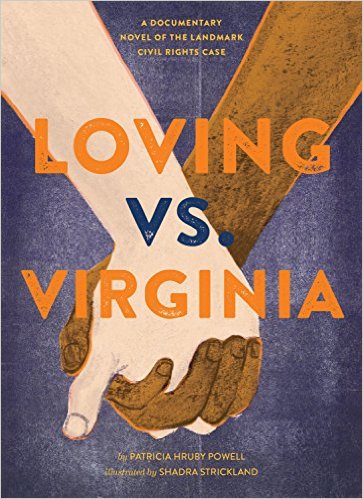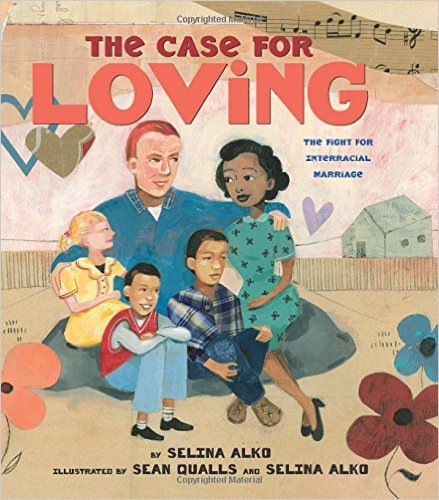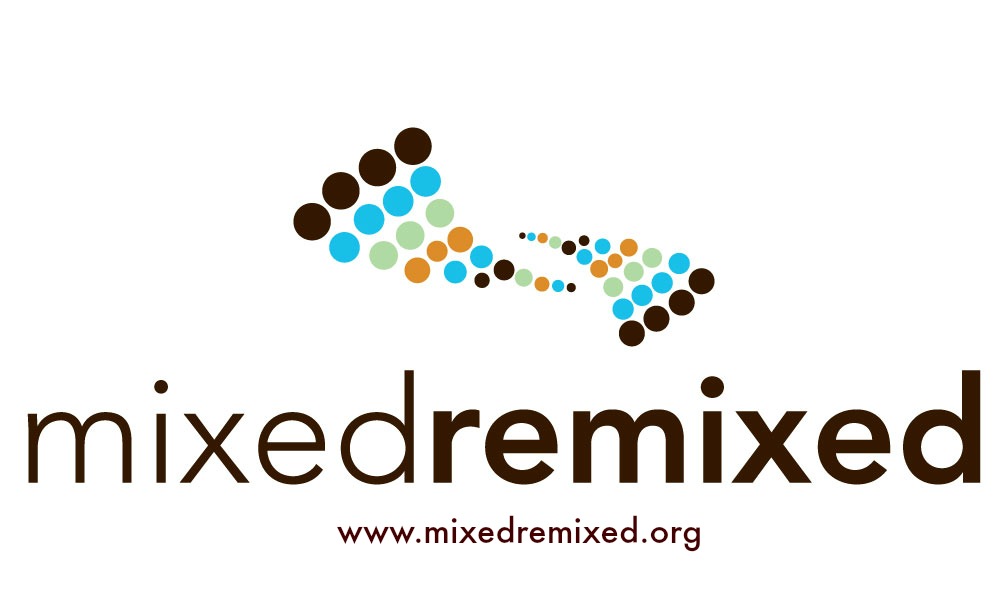 Loving Day is an annual nationwide grassroots celebration to celebrate the Loving v. Virginia decision. The brainchild of Ken Tanabe, Loving Day’s mission is to fight racial prejudice through education and to build multicultural community.
Loving Day is an annual nationwide grassroots celebration to celebrate the Loving v. Virginia decision. The brainchild of Ken Tanabe, Loving Day’s mission is to fight racial prejudice through education and to build multicultural community.
Join us June 10, 2017 at the Mixed Remixed Festival at the Los Angeles Theatre Center in downtown Los Angeles for a celebration of the 50th anniversary of Loving v. Virginia. FREE!
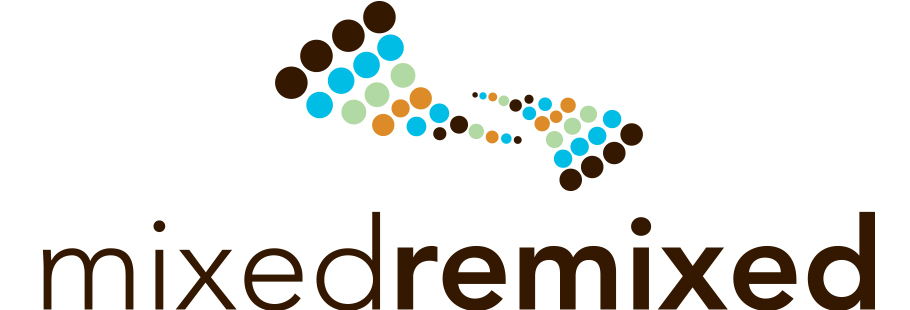
 Richard Loving was a white man who was in some ways “passing” as black. As writer and scholar
Richard Loving was a white man who was in some ways “passing” as black. As writer and scholar  Richard and Mildred Loving raised three children Sidney, Donald and Peggy. Scholar and write
Richard and Mildred Loving raised three children Sidney, Donald and Peggy. Scholar and write 
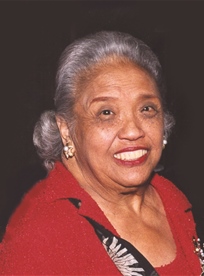 Chief Justice Ear Warren wrote the unanimous Loving v. Virginia. “To deny this right on so unsupportable a basis as racial classifications embodied in these statutes, classifications so directly subversive of the principle of equality at the heart of the Fourteenth Amendment,” wrote Warren , “is surely to deprive all the State’s citizens of liberty without due process of law.”
Chief Justice Ear Warren wrote the unanimous Loving v. Virginia. “To deny this right on so unsupportable a basis as racial classifications embodied in these statutes, classifications so directly subversive of the principle of equality at the heart of the Fourteenth Amendment,” wrote Warren , “is surely to deprive all the State’s citizens of liberty without due process of law.” “‘No way. No way. People will think you are marrying a foreigner’ . . . He said, ‘I don’t care what people think. I’m marrying you.’ He was so persuasive. So we got married. And, actually, there was no repercussion because people knew me.”
“‘No way. No way. People will think you are marrying a foreigner’ . . . He said, ‘I don’t care what people think. I’m marrying you.’ He was so persuasive. So we got married. And, actually, there was no repercussion because people knew me.”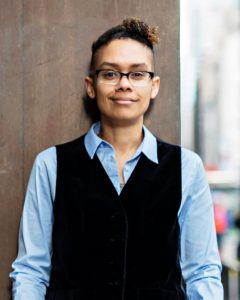
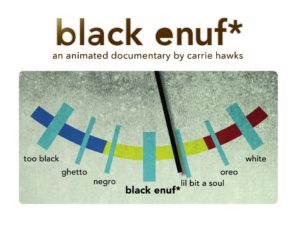
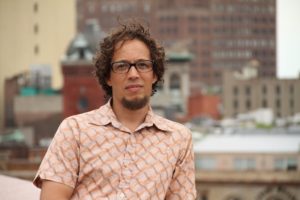
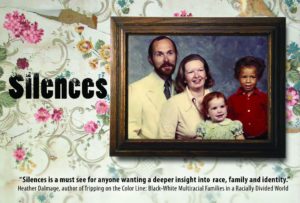

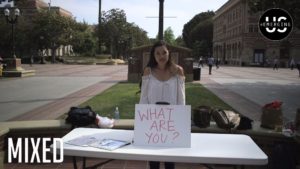
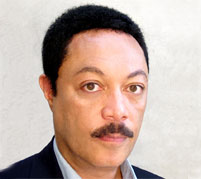
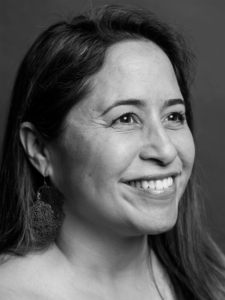
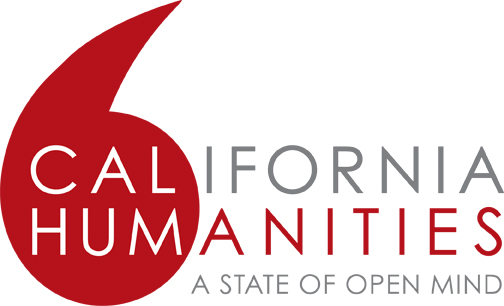
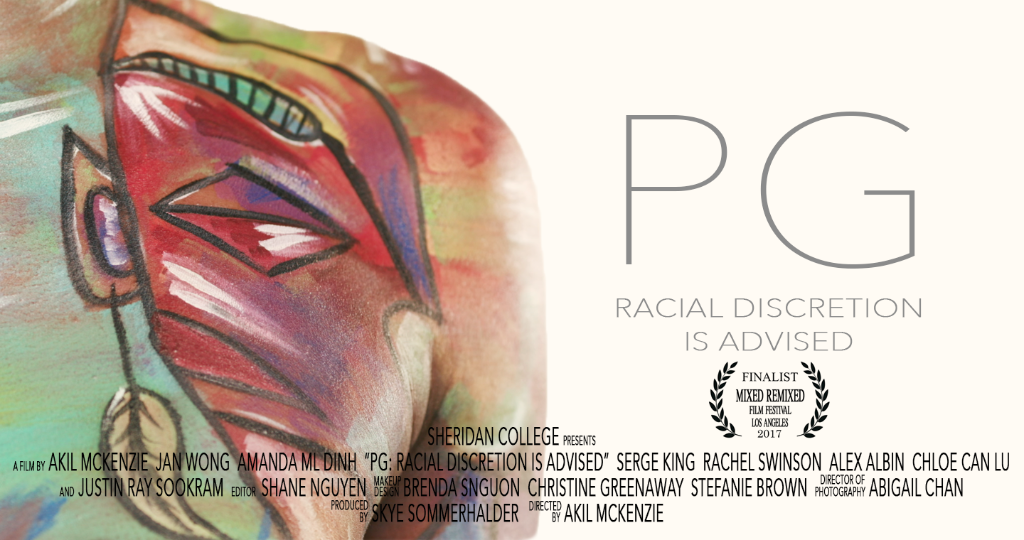 Exploring the impact of race and culture on relationships, PG is specifically pertaining to parents that feel uncomfortable with their children being romantically involved with someone outside of their race/culture. The film ventures through different avenues of dealing with this issue, while still maintaining one’s relationship with their parents.
Exploring the impact of race and culture on relationships, PG is specifically pertaining to parents that feel uncomfortable with their children being romantically involved with someone outside of their race/culture. The film ventures through different avenues of dealing with this issue, while still maintaining one’s relationship with their parents.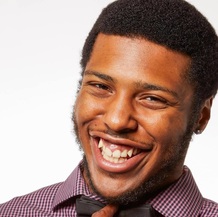
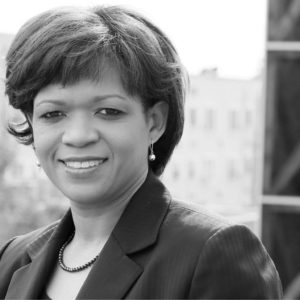
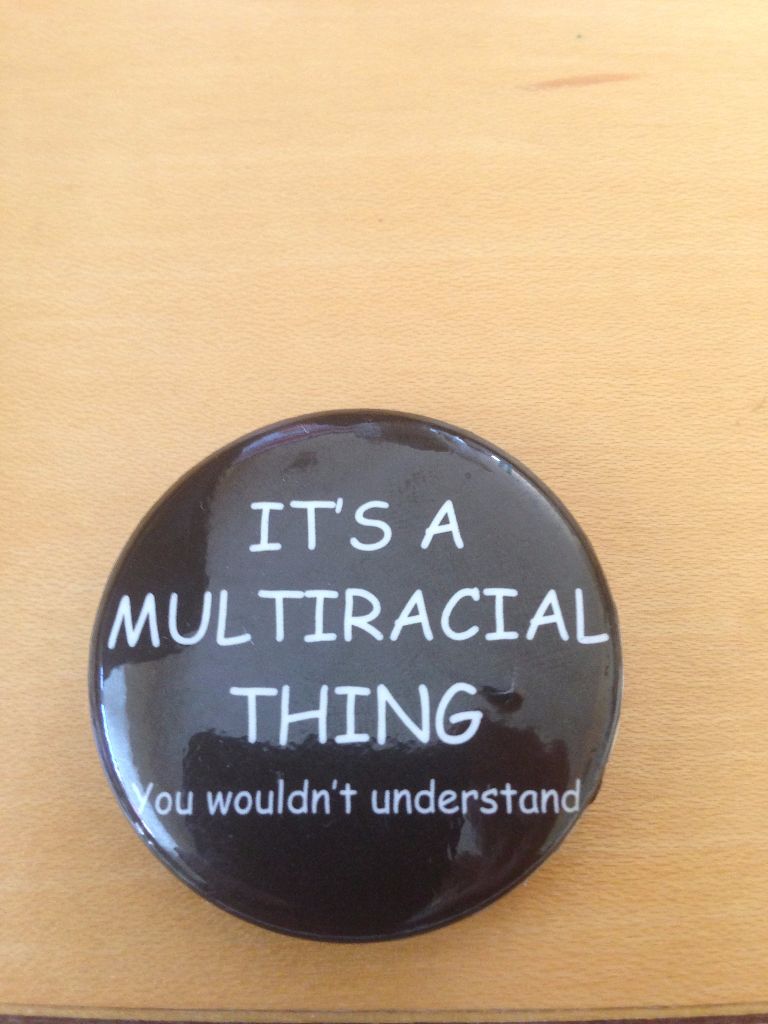 In this interactive storytelling workshop you will learn how to tell your Mixed experience story. Using improv, breath awareness, and voice techniques, participants will learn skills to inhabit curiosity and their full selves. This interactive workshop is led by professional actor and master teacher Rayme Cornell.
In this interactive storytelling workshop you will learn how to tell your Mixed experience story. Using improv, breath awareness, and voice techniques, participants will learn skills to inhabit curiosity and their full selves. This interactive workshop is led by professional actor and master teacher Rayme Cornell.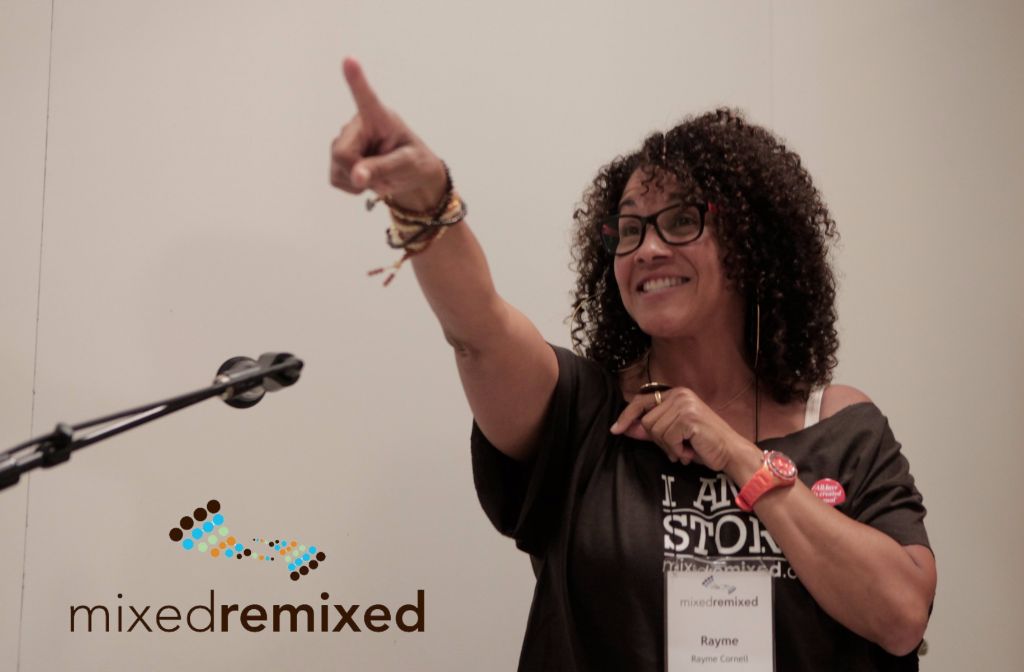 Rayme Cornell is an Assistant Professor on the Performance Faculty at UNLV. She teaches in the Graduate studio and is the Head of Undergraduate Actor training. She has been a Professional Actor for over 20 years. Rayme is a member of the Screen Actors Guild, American Federation of Television and Radio Artists and Actors Equity Association. Rayme received her B.A. in Musical Theatre from the University of Nevada Las Vegas and her MFA in Acting & Directing from the University of Missouri Kansas City in association with the Missouri Repertory Theatre. She was the host of the national award winning PBS show Real Moms, Real Stories, Real Savvy. She has worked in film, television, Off Broadway and with some of the nation’s most prestigious Regional Theatres including, The Old Globe, The Alley, Crossroads, ATC, The Vineyard, Nevada Conservatory Theatre, Philadelphia Theatre Company, Primary Stages, The O’Neill, Missouri Rep., Unicorn Theatre and with New York’s famous Acting Company. Rayme is a private coach for professionals. Her speech and acting clients range from network News Anchors and Celebrity Chefs to UFC champions. Rayme is also known for her extensive voice-over work. Rayme is a Master Teacher at the Don LaFontaine Voice Over Lab at the Screen Actors Guild Foundation in Los Angeles and New York. Rayme has represented such products as L’Oreal, Ford, Dunkin Donuts, Cingular, Singulair, Lifetime, WE, Oxygen Network, USA Network, MTV, VH1, BET, ESPN, History Channel, Discovery Channel, Republican and Democratic Candidates and many more. Her greatest role to date is that of being Brick’s Mom.
Rayme Cornell is an Assistant Professor on the Performance Faculty at UNLV. She teaches in the Graduate studio and is the Head of Undergraduate Actor training. She has been a Professional Actor for over 20 years. Rayme is a member of the Screen Actors Guild, American Federation of Television and Radio Artists and Actors Equity Association. Rayme received her B.A. in Musical Theatre from the University of Nevada Las Vegas and her MFA in Acting & Directing from the University of Missouri Kansas City in association with the Missouri Repertory Theatre. She was the host of the national award winning PBS show Real Moms, Real Stories, Real Savvy. She has worked in film, television, Off Broadway and with some of the nation’s most prestigious Regional Theatres including, The Old Globe, The Alley, Crossroads, ATC, The Vineyard, Nevada Conservatory Theatre, Philadelphia Theatre Company, Primary Stages, The O’Neill, Missouri Rep., Unicorn Theatre and with New York’s famous Acting Company. Rayme is a private coach for professionals. Her speech and acting clients range from network News Anchors and Celebrity Chefs to UFC champions. Rayme is also known for her extensive voice-over work. Rayme is a Master Teacher at the Don LaFontaine Voice Over Lab at the Screen Actors Guild Foundation in Los Angeles and New York. Rayme has represented such products as L’Oreal, Ford, Dunkin Donuts, Cingular, Singulair, Lifetime, WE, Oxygen Network, USA Network, MTV, VH1, BET, ESPN, History Channel, Discovery Channel, Republican and Democratic Candidates and many more. Her greatest role to date is that of being Brick’s Mom.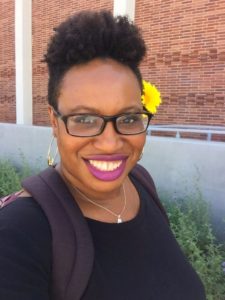 Crystal
Crystal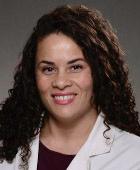 Elizabeth Hudson is a native New Yorker who has lived all over the world in pursuit of her medical education. She proudly identifies as a mixed race woman and has come to embrace the unique experience of being ethnically ambiguous. She is local physician who specializes in the care of Infectious Diseases, with an emphasis on HIV care. Elizabeth lives in Los Angeles with her husband and son.
Elizabeth Hudson is a native New Yorker who has lived all over the world in pursuit of her medical education. She proudly identifies as a mixed race woman and has come to embrace the unique experience of being ethnically ambiguous. She is local physician who specializes in the care of Infectious Diseases, with an emphasis on HIV care. Elizabeth lives in Los Angeles with her husband and son. 
